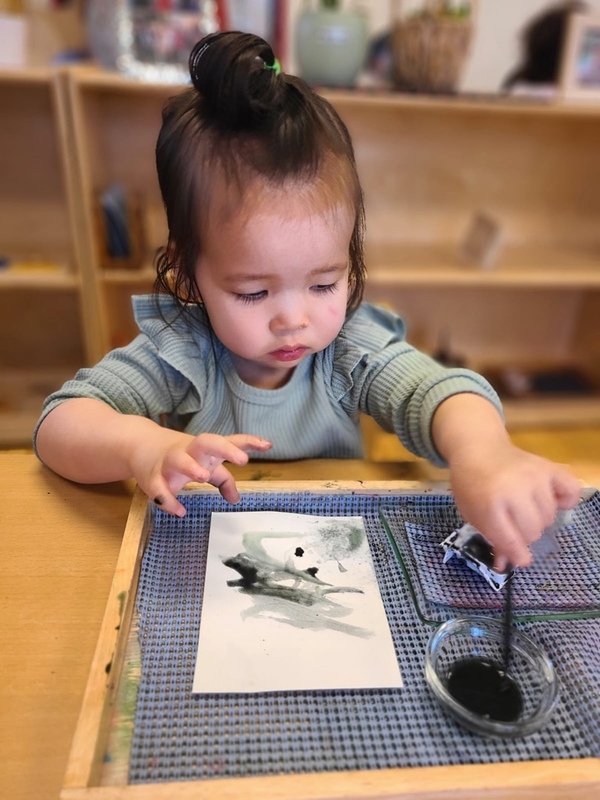(858) 759-0631
What happens at school when a child misbehaves? Do you do time-outs? What if my child bites?
In our classroom, we practice respectful, positive discipline. We understand that toddlers don’t want to hurt others. We view misbehavior not as a child being wrong and needing to be punished— but as a natural expression of a young human who hasn’t learned emotional and impulse control yet and who needs our help. We don’t practice time-outs or other shaming, punitive discipline approaches. Instead, here is some of what we do—ideas that you can also practice at home to support Emotional Intelligence:
Provide clear rules and don’t force sharing. Toddlers in our classrooms learn early on that they may take any material from a shelf—but they may never take a material (toy) from someone who is working with it. They learn to wait their turn until the item is available on the shelf before they can use it. This clear framework is surprisingly effective at minimizing conflict between children and fostering a benevolent attitude toward each other.
Sportscast conflicts and offering alternatives. When a child grabs another child’s material (toy), we may say, “I see you want the stacker. Johnny is working on this now. Let’s find something else to do. Johnny, can you let Pete know when you are done so that he can have a turn?”
Give positive direction. Instead of saying “Don’t run” (where the child often hears “run”, and not the “do not” part!), we say “In class, we walk with our feet.” Instead of “don’t touch”, we guide, “we look with our eyes.” By focusing on what children can and should do, we help them be their best selves.
Acknowledge feelings, without condoning hurtful actions. We want children to know we are on their side and see and feel with them. This is how that may sound: “I see you are angry because the swing is busy. You want to swing right now, and it’s hard to wait. I can’t let you hit Susie” (while holding the little arms that the child can’t control himself).
Toddlers will hit. They may even bite. Trust that we have seen this before—and whether your child is the hit one or the hitter, we will communicate with you and work towards a positive outcome.
-Cricket Teacher

